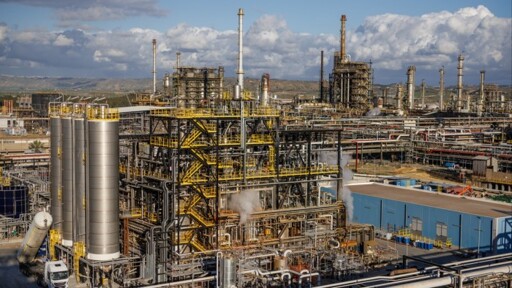The basic problem is that “sustainable” aviation fuels, if based on biofuels, would substantially compete with food production. This limits their scale pretty significantly, so they can’t easily scale up to the levels that the airline industry wants, which means that the cost will remain quite high.
The top-level post uses a gift link which may have a view count limit. If it runs out, there is an archived copy of the article



Yes, they’re different products, but their chemical similarity means they have the same constraints on sustainable production. There is a single limit on how much of the two can be produced in total without causing significant environmental damage.
At the extremes one is, as far as our technology allows, irreplaceable as a carbon neutral fuel. That being SAF. The other other viable alternatives even today. Why are you presenting a scenario where both would be needed to be created in equal measures?
So what if they can both come from the same feedstocks? There will be a day we likely don’t need diesel in any capacity. We’ll need SAF long before that. Why would we divert the valuable carbon neutral feedstocks to something like biodiesel if our goal is carbon neutrality for both?